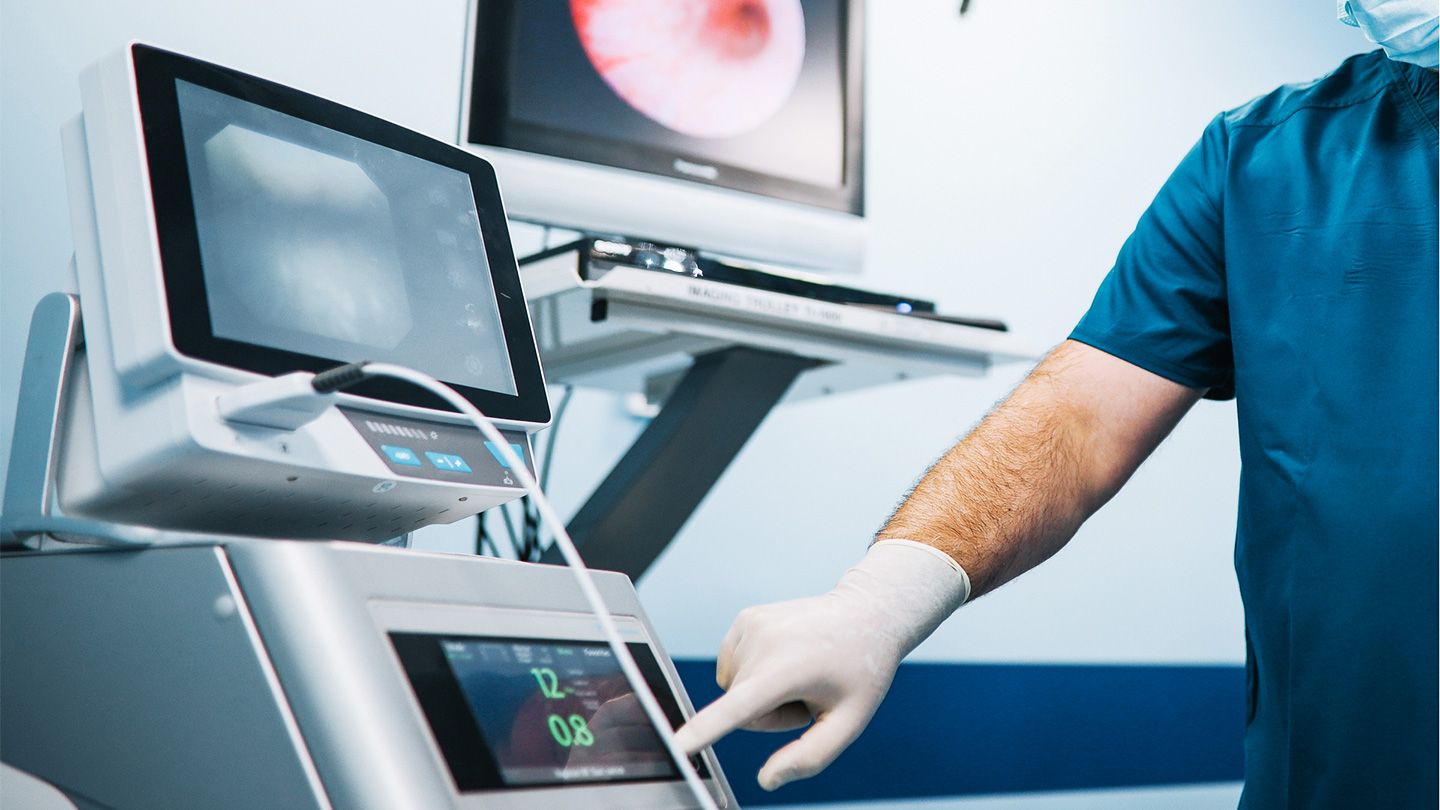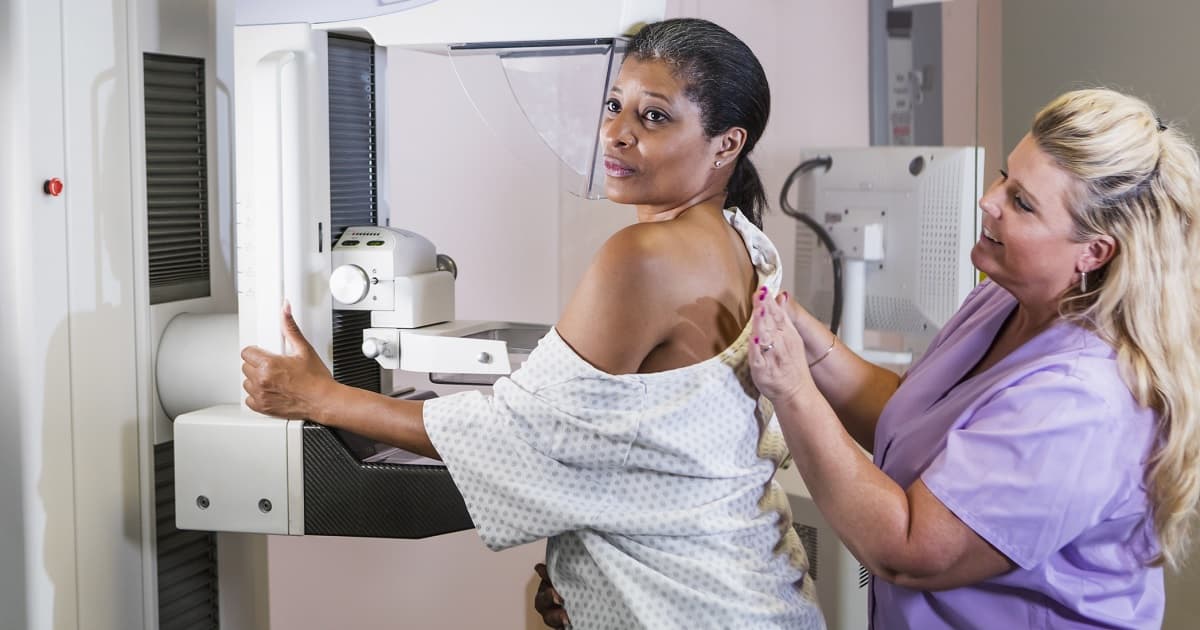- Home
- Our Providers
- Our Services
- Abdominal Aortic Aneurysm Screening
- Alzheimer’s Disease
- Antibiotics Treatment
- Arthritis
- Asthma and Allergies
- Blood Work
- Breast Cancer Screening
- Cancer Screenings
- Cervical Cancer Screening
- CHF
- Chronic Diseases Management
- Colon Cancer Screening
- Physical Exam and Preventative Care
- COPD
- Covid Testing
- Dementia
- Depression and Anxiety
- Diabetes Mellitus Type 1 & 2
- Ear Cleaning
- ECG
- Fibromyalgia
- Flu Tests
- GERD
- Heart Disease
- Hepatitis Screening
- High Blood Pressure
- High Cholesterol
- HIV Screen Tests
- Hormone Therapy
- Iron Injection
- Joint Injection
- Kidney Disease
- Lung Cancer Screening
- Medical Wellness Visits
- Men’s Health
- Nutrition Consultation
- Obesity
- Osteoporosis
- Peripheral Neuropathy
- Peripheral Vascular Disease
- Pre and Post Surgical Evaluations
- Prostate Cancer Screening
- Pulmonary Disease
- Pulmonary Function Test
- Seizure
- Sexual Transmitted Diseases
- Sick Visits
- Skin Biopsy
- Sleep Apnea
- Smoking Cessation and Reduction
- Stroke
- Testosterone Injection
- Thyroid Dysfunction
- Ultrasound
- Urine Analysis
- Vaccinations
- Vascular Studies
- Vitamin B12 Replacement
- Weight Loss
- Wound Care and Suture Removal
- Telemedicine
- Join Our Team
- Patients
Cancer Screenings
CoreMed Plus is a healthcare provider dedicated to providing high-quality, comprehensive healthcare services to needy individuals. We believe in the importance of preventative care and early detection, particularly when it comes to cancer screenings. Cancer is a serious condition affecting millions of people worldwide, and early detection can significantly improve the chances of successful treatment and recovery.
CoreMed Plus offers a wide range of cancer screening services to help detect cancer at its earliest stages. Our team of healthcare professionals is committed to providing personalized care and support to each of our patients, and we work closely with you to assess your risk factors and recommend appropriate screening tests.
We understand that cancer screenings can be a sensitive topic, and we strive to provide a comfortable and compassionate environment for all our patients. Our state-of-the-art facilities and advanced screening technologies ensure you receive the highest care possible.
At CoreMed Plus, we believe that preventative care is key to maintaining good health, and we are committed to helping you stay healthy and cancer-free. Contact us today to learn more about our healthcare services and how we can help you take charge of your health.

What are Cancer Screenings
Cancer screening is the process of looking for cancer in individuals who have no symptoms. Cancer screening aims to detect cancer early when it is most treatable and has a higher chance of being cured.
Cancer screening tests can vary depending on the type of cancer being screened for. Some standard cancer screening tests include mammograms for breast cancer, colonoscopies for colon cancer, and Pap tests for cervical cancer. Other screening tests may include blood tests, imaging tests such as MRI or CT scans, or genetic tests to determine if someone is at higher risk for certain types of cancer.
It is important to note that not all cancers can be screened for, and not all screening tests are 100% accurate. False positives, where the screening test indicates possible cancer when there is none, and false negatives, where the screening test misses present cancer, can occur. This is why discussing the benefits and limitations of screening tests with a healthcare provider is essential.
Cancer screening is an essential tool in detecting cancer early and improving outcomes. It is recommended that individuals talk to their healthcare provider about their individual risk factors and screening options.
Types of Ways to Screen for Cancer
There are several ways to screen for cancer, including:
- Imaging Tests: Imaging tests use technology such as X-rays, MRI, CT scans, or ultrasound to produce images of the inside of the body. These tests can help detect abnormalities or masses that may be cancerous. For example, mammograms use X-rays to screen for breast cancer by producing images of the breast tissue.
- Laboratory Tests: Laboratory tests such as blood tests, urine tests, or other tests may be used to detect the presence of specific biomarkers or substances that can indicate the presence of cancer. For example, the PSA blood test is used to screen for prostate cancer by measuring the level of prostate-specific antigens in the blood.
- Genetic Tests: Genetic tests can identify inherited genetic mutations that increase the risk of developing certain types of cancer. For example, BRCA genetic testing can determine if a person carries a mutation that increases their risk of developing breast and ovarian cancer.
- Physical Exams: Physical exams are an important tool for detecting cancer. Doctors may perform a physical exam to check for lumps, bumps, or other signs of cancer. For example, a dermatologist may perform a skin exam to look for signs of skin cancer.
- Biopsy: A biopsy involves taking a tissue sample from the suspected area and examining it under a microscope to determine if cancer cells are present. Biopsies may be performed using a needle or during surgery. For example, a prostate gland biopsy may be performed to diagnose prostate cancer.
- Screening Tests: Screening tests are performed on individuals with no symptoms to detect cancer early. Examples of screening tests include mammograms for breast cancer, colonoscopies for colon cancer, and Pap tests for cervical cancer. These tests can help detect cancer before symptoms develop, improving outcomes and increasing the chances of successful treatment.
It is important to note that not all types of cancer can be detected by screening tests, and not all screening tests are appropriate for everyone. The best approach to cancer screening may vary depending on an individual’s age, gender, family history, and other risk factors. It is important to discuss screening options with a healthcare provider to determine the best approach for each individual.

Common Types of Cancer
Cancer is a group of diseases characterized by the uncontrolled growth and spread of abnormal cells. It can affect any body part and be categorized into different types based on where it originates and how it behaves. Here are some of the most common types of cancer:
- Breast Cancer: Breast cancer is the most common cancer in women worldwide. It starts in the breast cells and can spread to other body parts. Risk factors for breast cancer include a family history of the disease, being female, and increasing age. Screening tests such as mammograms can help detect breast cancer early.
- Lung Cancer: Lung cancer is the leading cause of cancer deaths worldwide. It develops in the lungs and can spread to other body parts. Risk factors for lung cancer include smoking, secondhand smoke exposure, and certain chemicals. Symptoms may include coughing, chest pain, and shortness of breath.
- Prostate Cancer: Prostate cancer is the most common cancer in men and is usually slow-growing. It develops in the prostate gland, part of the male reproductive system. Risk factors for prostate cancer include increasing age, African American race, and a family history of the disease. Symptoms may include difficulty urinating, frequent urination, and blood in the urine.
- Colorectal Cancer: Colorectal cancer develops in the colon or rectum and is the second leading cause of cancer deaths in the United States. Risk factors for colorectal cancer include increasing age, a family history of the disease, and a diet high in red and processed meats. Symptoms may include changes in bowel habits, abdominal pain, and rectal bleeding.
- Skin Cancer: Skin cancer is the most common cancer in the United States. It develops in the cells of the skin and is often caused by exposure to ultraviolet radiation from the sun or tanning beds. Risk factors for skin cancer include fair skin, a history of sunburns, and a family history of the disease. Symptoms may include changes in the appearance of moles or other skin lesions.
- Bladder Cancer: Bladder cancer develops in the cells of the bladder and can spread to other parts of the body. Risk factors for bladder cancer include smoking, exposure to certain chemicals, and a history of bladder infections. Symptoms may include blood in the urine, frequent urination, and pain during urination.
- Pancreatic Cancer: Pancreatic cancer develops in the pancreas cells, a gland located behind the stomach. It is often diagnosed late and has a low survival rate. Risk factors for pancreatic cancer include smoking, obesity, and a family history of the disease. Symptoms may include abdominal pain, jaundice, and weight loss.
- Leukemia: Leukemia is a type of cancer that affects the blood and bone marrow. It is characterized by the production of abnormal white blood cells that can spread to other parts of the body. Risk factors for leukemia include exposure to radiation, certain chemicals, and genetic factors. Symptoms may include fatigue, infections, and easy bruising or bleeding.
- Lymphoma: Lymphoma is a type of cancer that affects the lymphatic system, which is part of the immune system. It is characterized by the production of abnormal lymphocytes, a variety of white blood cell. Risk factors for lymphoma include exposure to certain chemicals, infections, and immune system disorders. Symptoms may include swollen lymph nodes, fatigue, and weight loss.
- Ovarian Cancer: Ovarian cancer develops in the cells of the ovaries, which are part of the female reproductive system. Diagnosing in its early stages can be challenging and often spreads before detection.
How CoreMed Plus Can Help With Cancer Screenings
- Personalized Screening Recommendations: Our team of healthcare professionals can work with you to assess your risk factors for cancer and recommend appropriate screening tests based on your age, family history, and other factors.
- Guidance on Screening Options: We understand that many different types of cancer screenings are available, and it can be overwhelming to choose the right one for you. Our team can provide information and guidance on the different types of screenings, their benefits and risks, and what to expect during the screening process.
- Support Throughout the Screening Process: Getting screened for cancer can be a stressful and anxiety-provoking experience. At CoreMed Plus, we are committed to providing support and resources throughout the screening process to make it as easy and stress-free as possible. We can answer any questions, provide emotional support, and connect you with additional resources.
- Follow-Up Care: If your screening results are abnormal, our team can help you navigate the next steps, such as further testing or treatment. We can also provide support and resources for individuals diagnosed with cancer.
- Education and Awareness: At CoreMed Plus, we prioritize education and awareness around cancer prevention and early detection. We can provide information on lifestyle changes that can reduce your risk of cancer and the importance of regular cancer screenings for early detection and treatment.
- Convenient and Accessible Care: Life can be busy, so we strive to make our cancer screening services as convenient and accessible as possible. We offer flexible scheduling options and strive to provide efficient and timely care.
- Comprehensive Healthcare Services: Besides cancer screenings, CoreMed Plus offers various healthcare services to support overall health and well-being. From primary care to specialized services, our team is dedicated to providing personalized care to meet your unique needs.
CoreMed Plus is here to help with all aspects of cancer screenings, from personalized recommendations to follow-up care and support. We are committed to providing compassionate, high-quality care to help you take control of your health and well-being. Contact us today to learn more about our cancer screening services and how we can help you.

Meet Dr. Mark Richter
I grew up in Florida as the oldest of five sons. After earning my degree from the University of Florida, I pursued my medical education in the Dominican Republic. In 1988, I began my Family Practice Residency at the “old” Pontiac General Hospital. I have been providing medical care to the same community since 1991, first in Waterford and later at our current location in White Lake, where I continue to practice today. I take pride in being board certified by the American Academy of Family Physicians and remain committed to Primary Care.
I am passionate about promoting a healthy lifestyle, including a proper “balanced” diet, exercise, exposure to healthy outdoor activities, and achieving work-life balance. I married my Medical School Sweetheart, Barbara, and we are fortunate to have two adult children and a granddaughter. We have been residents of Oakland County since 1988 and enjoy all that Michigan has to offer.
Meet Briahnnon Long NP-BC
Briahnnon Long, NP-BC, graduated from Oakland University in 2009 with a Bachelor of Science in Nursing and worked as a nurse in the Cardiac Intensive Care Unit. She then pursued her Master of Science in Nursing. She graduated from The University of Michigan Flint in 2020 and became board certified by The American Nurses Credentialing Center as a Family Nurse Practitioner.
She works in the acute care setting as a hospitalist and in the subacute care setting at a skilled nursing facility. She has special interests in health and wellness, preventative medicine, and chronic care management in the primary care setting. She loves being outdoors, cheering on her husband and two children in hockey, and camping and boating in the summer.
Don't Delay, Call Today!
At CoreMed Plus, we are dedicated to providing exceptional healthcare services to our patients. We believe that preventative care and early detection are crucial to maintaining good health, particularly regarding cancer screenings. Our team of healthcare professionals is committed to providing personalized care and support to each patient, and we strive to create a comfortable and compassionate environment for all.
By choosing CoreMed Plus for your cancer screening needs, you are taking a proactive step toward taking charge of your health. Our state-of-the-art facilities and advanced screening technologies ensure that you receive the highest level of care possible, and our team is here to support you every step of the way.
We believe in the power of preventative care and are committed to helping you maintain good health and detect any potential health concerns early on. Don’t wait until it’s too late to care for your health. Contact us today to learn more about our healthcare services and how we can help you stay healthy and cancer-free.
Contact Information
If you’re ready to take charge of your health and embark on a journey toward a healthier, happier life, we invite you to contact us today. Our compassionate and knowledgeable staff is excited to take your call and help you on your health journey. We will work closely with you to develop a customized treatment plan that is right for you and provide the support and care you need every step of the way.
Don’t let health concerns hold you back – contact CoreMed Plus today and let us help you achieve optimal health and wellness. We look forward to hearing from you and helping you achieve a healthier, happier life.
- Email: [email protected]
- Phone: +1 248-666-6005




